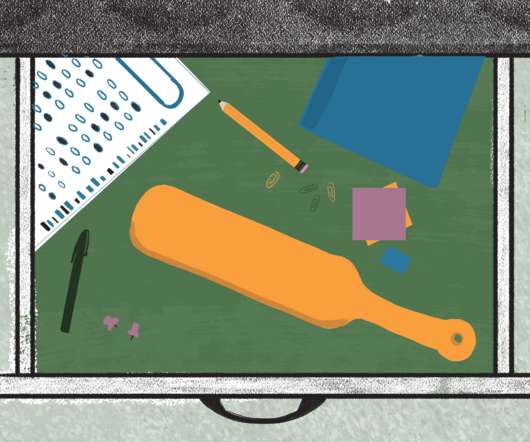Edtech, Equity, and Innovation: A Critical Look in the Mirror
Digital Promise
APRIL 23, 2019
When schools persistently graduate less than half of their students of color and students with disabilities, we call those schools dropout factories. Like any business, the edtech industry includes actors that prioritize profit. This is not a condemnation of edtech as much as it is an acknowledgement that edtech is a business.





















Let's personalize your content